Psychological First Aid: Providing Compassionate Care in Times of Crisis
In this blog post, we'll delve into the concept of psychological first aid and explore its significance in providing initial support to individuals experiencing crisis or trauma. We'll examine the goals of PFA, which extend beyond merely alleviating immediate distress to empowering individuals with the tools they need to navigate through challenging circumstances. By understanding the principles of psychological first aid and learning practical strategies for its execution, we can all play a role in supporting those in need and promoting healing and recovery in times of crisis.
The concept of psychological first aid traces its roots back to the early 20th century when mental health professionals began recognizing the need for immediate support for individuals experiencing psychological distress in the aftermath of disasters and traumatic events. Initially developed in the field of disaster response, PFA has since expanded to encompass a broader range of crises, including personal traumas, accidents, and emergencies. Today, PFA is recognized as a fundamental component of emergency care, with its principles and techniques widely used by mental health professionals, first responders, and volunteers alike.
Background of PFA
The concept of psychological first aid traces its roots back to the early 20th century when mental health professionals began recognizing the need for immediate support for individuals experiencing psychological distress in the aftermath of disasters and traumatic events. Initially developed in the field of disaster response, PFA has since expanded to encompass a broader range of crises, including personal traumas, accidents, and emergencies. Today, PFA is recognized as a fundamental component of emergency care, with its principles and techniques widely used by mental health professionals, first responders, and volunteers alike.Core principles of Psychological First Aid (PFA)
Safety
Safety is paramount in any crisis or traumatic event. The first principle of PFA is to ensure the physical and emotional safety of individuals affected by the crisis. This involves identifying and mitigating immediate safety risks, such as providing a safe environment free from further harm or danger. Safety also includes creating a sense of security and stability, reassuring individuals that they are not alone and that help is available.
Comfort
Comfort involves providing immediate physical and emotional comfort to individuals in distress.
This may include offering blankets, food and water, or other basic necessities to address immediate physical needs. Emotionally, comfort involves offering empathy, reassurance, and validation of individuals' feelings and experiences.
Connection
Connection emphasizes the importance of human connection and social support in times of crisis. By encouraging individuals to connect with supportive friends, family members, or community resources can help reduce feelings of isolation and loneliness. Further, providing opportunities for individuals to share their experiences and feelings in a supportive environment can foster a sense of connection and belonging.
Empowerment
Empowerment involves helping individuals regain a sense of control and agency in their lives.
This may include providing information about available resources and support services, empowering individuals to make informed decisions about their own recovery. Empowerment also involves fostering self-efficacy and resilience, helping individuals recognize their strengths and capabilities in coping with adversity.
Hope
Hope is a powerful motivator in times of crisis, providing individuals with a sense of optimism and possibility for the future. Offering hope involves instilling confidence in individuals' ability to overcome challenges and rebuild their lives. Providing examples of resilience and recovery can inspire hope and reinforce the belief that recovery is possible, even in the face of adversity. For example, individuals living with chronic illness or disability who have learned to adapt and flourish despite their physical limitations. Their resilience and perseverance demonstrate the importance of resilience, resourcefulness, and a positive mindset in overcoming life's challenges.
Victims of traumatic events, such as accidents, assaults, or acts of violence, who have successfully navigated the healing process can reclaim their lives. Their journeys of recovery highlight the human capacity to heal and thrive, even in the aftermath of profound trauma with proper care and support.
Recognizing Signs of Distress
In times of crisis or trauma, it's essential to be able to recognize signs of distress in others, as well as in ourselves. Understanding these signs can help us provide timely support and assistance to those in need. Common signs of distress may manifest in various ways, including:
Anxiety and Fear: Individuals experiencing anxiety or fear may display symptoms such as restlessness, rapid breathing, sweating, or trembling. They may express worries or concerns about their safety, future, or well-being.
Sadness and Hopelessness: Feelings of sadness and hopelessness are common reactions to crisis or trauma. Individuals may appear withdrawn, tearful, or emotionally numb. They may express feelings of despair, helplessness, or loss.
Anger and Irritability: Some individuals may respond to crisis or trauma with feelings of anger, frustration, or irritability. They may become easily agitated, argumentative, or aggressive in their interactions with others.
Withdrawal and Isolation: In response to distressing events, individuals may withdraw from social interactions and activities they once enjoyed. They may isolate themselves from others, preferring to be alone and avoiding contact with friends or family members.
Physical Symptoms: Distress can also manifest in physical symptoms such as headaches, stomachaches, fatigue, or muscle tension. These symptoms may be a manifestation of the body's physiological response to stress.
It's important to recognize that these reactions are normal responses to abnormal events. In times of crisis or trauma, individuals may experience a range of emotions and physical sensations as they process and cope with the situation. It's essential to validate and normalize these reactions, letting individuals know that what they're experiencing is a natural response to the challenges they're facing.
PFA - The RAPID Approach
PFA follows a systematic approach to help individuals in distress. While PFA is flexible and adaptable to various situations, it generally follows a set of guiding principles and steps to provide effective support. There is a widely recognized model known as the "RAPID" model. The RAPID model provides a simple and easy-to-remember framework for guiding individuals through the steps of providing psychological first aid in a crisis or emergency situation. Here's an overview of the RAPID model
R - Rapport and Reflective Listening
- Establish rapport with the individual by introducing yourself and creating a supportive and non-judgmental environment.
- Practice reflective listening by actively listening to the individual's concerns and reflecting back their emotions and experiences.
- Use open-ended questions to encourage the individual to share their thoughts and feelings.
A - Assessment of Needs and Concerns
- Assess the individual's immediate needs and concerns, including any physical or emotional distress they may be experiencing.
- Determine the level of urgency and prioritize interventions based on the severity of the situation.
- Gather information about the individual's coping resources, strengths, and support systems.
P - Prioritization and Planning
- Prioritize the individual's needs and concerns based on the assessment and determine the appropriate course of action.
- Develop a plan of action in collaboration with the individual, taking into account their preferences, resources, and goals.
- Identify practical steps that can be taken to address immediate needs and support the individual's well-being.
I - Intervention and Information Provision
- Implement interventions to address the individual's immediate needs and concerns, providing practical assistance and emotional support.
- Offer information about available resources, support services, and coping strategies that may be helpful to the individual.
- Provide psychoeducation about common reactions to crisis and trauma, normalizing the individual's experiences and feelings.
D - Disposition and Follow-Up
- Determine the appropriate disposition for the individual based on their needs and the level of support required.
- Make referrals to additional support services or follow-up care as needed, ensuring continuity of care and ongoing support.
- Follow up with the individual to assess their progress, provide ongoing support, and adjust interventions as needed.
By following the RAPID model, individuals can effectively provide psychological first aid to those in distress, offering immediate support and assistance in a structured and efficient way.
Practical Tips on Providing PFA
Here are some practical tips for providing PFA to individuals in distress:
- Practice active listening by giving your full attention to the individual and maintaining eye contact.
- Avoid interrupting or imposing your own opinions, allowing the individual to express themselves freely.
- Validate the individual's feelings and experiences without judgment, acknowledging the validity of their emotions.
Offer Reassurance and Support
- Provide reassurance to the individual by offering words of comfort and encouragement.
- Remind them that it's normal to experience a range of emotions in response to crisis or trauma.
- Assure them that they are not alone and that support is available to help them through this challenging time.
- Offer practical assistance to address the individual's immediate needs, such as providing food, water, or shelter.
- Help them access necessary resources and support services, such as medical care, counseling, or crisis hotlines.
- Assist with basic tasks or responsibilities to alleviate some of the burdens they may be facing.
Empower the Individual
- Empower the individual to make decisions about their own well-being and recovery.
- Offer information about coping strategies and self-care techniques they can use to manage their distress.
- Encourage them to identify their strengths and resources that can help them cope with the situation.
Promote Connection and Social Support
- Encourage the individual to connect with supportive friends, family members, or community resources.
- Facilitate opportunities for them to share their experiences and feelings in a safe and supportive environment.
- Help them build a support network of people they can turn to for emotional support and encouragement.
Normalize Reactions to Crisis
- Normalize the individual's reactions to crisis or trauma by explaining that their feelings and experiences are common and understandable.
- Provide psychoeducation about common reactions to stress and trauma, helping them understand why they may be feeling the way they do.
- Offer reassurance that their reactions are normal responses to abnormal events and that they are not alone in their experiences.
Follow Up and Check In
- Follow up with the individual after providing initial support to see how they are doing.
- Continue to check in with them periodically to offer ongoing support and assistance.
- Monitor their progress and be prepared to provide additional support or referrals to other resources as needed.
By implementing these practical tips, individuals can effectively provide Psychological First Aid to those in distress, helping them feel supported, validated, and empowered as they navigate through crisis or trauma. Remember to approach each situation with empathy, compassion, and sensitivity to the individual's needs and preferences.
Self-Care for Providers: Prioritizing Your Well-Being
While providing PFA can be incredibly rewarding, it's essential for individuals in this role to prioritize their own well-being to effectively support others. Just like the instructions given on airplanes to put on your own oxygen mask before assisting others, taking care of yourself is crucial for maintaining the capacity to provide meaningful support to those in need.
Here are some self-care tips and strategies for providers of PFA:
Recognize Your Limits
Understand that you are not immune to the emotional toll of supporting others through crisis or trauma. Acknowledge your own limits and vulnerabilities.
Set Boundaries
Establish clear boundaries between your personal and professional life. Learn to say no when you need to and prioritize your own needs and well-being.
Practice Self-Compassion
Be kind and compassionate to yourself, especially during times of stress or difficulty. Treat yourself with the same empathy and understanding you would offer to others.
Engage in Self-Reflection
Take time to reflect on your experiences and emotions. Journaling, meditation, or talking to a trusted friend or colleague can help you process your feelings and gain perspective.
Maintain Healthy Habits
Prioritize healthy habits such as regular exercise, nutritious eating, and adequate sleep. Physical well-being is closely linked to emotional well-being.
Seek Support
Don't hesitate to reach out for support when you need it. Talk to friends, family members, or colleagues about your experiences, or seek professional counseling if necessary.
Practice Stress Management Techniques
Incorporate stress management techniques into your daily routine, such as deep breathing exercises, mindfulness meditation, or progressive muscle relaxation.
Take Breaks and Time Off
Schedule regular breaks and time off to rest and recharge. Avoid overextending yourself or neglecting your own needs in favor of helping others.
Engage in Enjoyable Activities
Make time for activities that bring you joy and fulfillment outside of your role as a PFA provider. Engage in hobbies, spend time with loved ones, or simply relax and unwind.
Monitor for Signs of Compassion Fatigue and Burnout
Be vigilant for signs of compassion fatigue or burnout, such as feelings of exhaustion, cynicism, or decreased empathy. Take action to address these symptoms promptly by seeking support and adjusting your self-care strategies as needed.
Recognize Your Limits
Understand that you are not immune to the emotional toll of supporting others through crisis or trauma. Acknowledge your own limits and vulnerabilities.
Set Boundaries
Establish clear boundaries between your personal and professional life. Learn to say no when you need to and prioritize your own needs and well-being.
Practice Self-Compassion
Be kind and compassionate to yourself, especially during times of stress or difficulty. Treat yourself with the same empathy and understanding you would offer to others.
Engage in Self-Reflection
Take time to reflect on your experiences and emotions. Journaling, meditation, or talking to a trusted friend or colleague can help you process your feelings and gain perspective.
Maintain Healthy Habits
Prioritize healthy habits such as regular exercise, nutritious eating, and adequate sleep. Physical well-being is closely linked to emotional well-being.
Seek Support
Don't hesitate to reach out for support when you need it. Talk to friends, family members, or colleagues about your experiences, or seek professional counseling if necessary.
Practice Stress Management Techniques
Incorporate stress management techniques into your daily routine, such as deep breathing exercises, mindfulness meditation, or progressive muscle relaxation.
Take Breaks and Time Off
Schedule regular breaks and time off to rest and recharge. Avoid overextending yourself or neglecting your own needs in favor of helping others.
Engage in Enjoyable Activities
Make time for activities that bring you joy and fulfillment outside of your role as a PFA provider. Engage in hobbies, spend time with loved ones, or simply relax and unwind.
Monitor for Signs of Compassion Fatigue and Burnout
Be vigilant for signs of compassion fatigue or burnout, such as feelings of exhaustion, cynicism, or decreased empathy. Take action to address these symptoms promptly by seeking support and adjusting your self-care strategies as needed.
Remember, taking care of yourself is not selfish—it's essential for maintaining your ability to provide effective support to others. By prioritizing your own well-being and practicing self-care, you can sustainably continue to make a positive impact in the lives of those you support through Psychological First Aid.
In times of crisis and adversity, the power of Psychological First Aid (PFA) cannot be overstated. By providing immediate support and assistance to those in distress, we can help individuals navigate through the challenges of crisis and trauma with resilience, strength, and hope. Throughout this blog post, we've explored the principles and practices of PFA, learning how to recognize signs of distress, offer compassionate support, and prioritize self-care as providers.
As we conclude, it's important to remember that each of us has the capacity to make a difference through acts of kindness, compassion, and support. Whether it's offering a listening ear, providing practical assistance, or simply being present for someone in need, our actions can have a profound impact on the well-being of others.
By embracing the principles of Psychological First Aid and practicing empathy, compassion, and self-care, we can create a more supportive and resilient community where everyone feels valued, understood, and supported in times of crisis. Together, let's continue to uphold the values of compassion and humanity, supporting each other through life's challenges and celebrating the strength and resilience of the human spirit.
Thank you for joining me on this journey through the heart of Psychological First Aid. May we continue to inspire hope, foster resilience, and make a positive difference in the lives of those around us.
By embracing the principles of Psychological First Aid and practicing empathy, compassion, and self-care, we can create a more supportive and resilient community where everyone feels valued, understood, and supported in times of crisis. Together, let's continue to uphold the values of compassion and humanity, supporting each other through life's challenges and celebrating the strength and resilience of the human spirit.
Thank you for joining me on this journey through the heart of Psychological First Aid. May we continue to inspire hope, foster resilience, and make a positive difference in the lives of those around us.
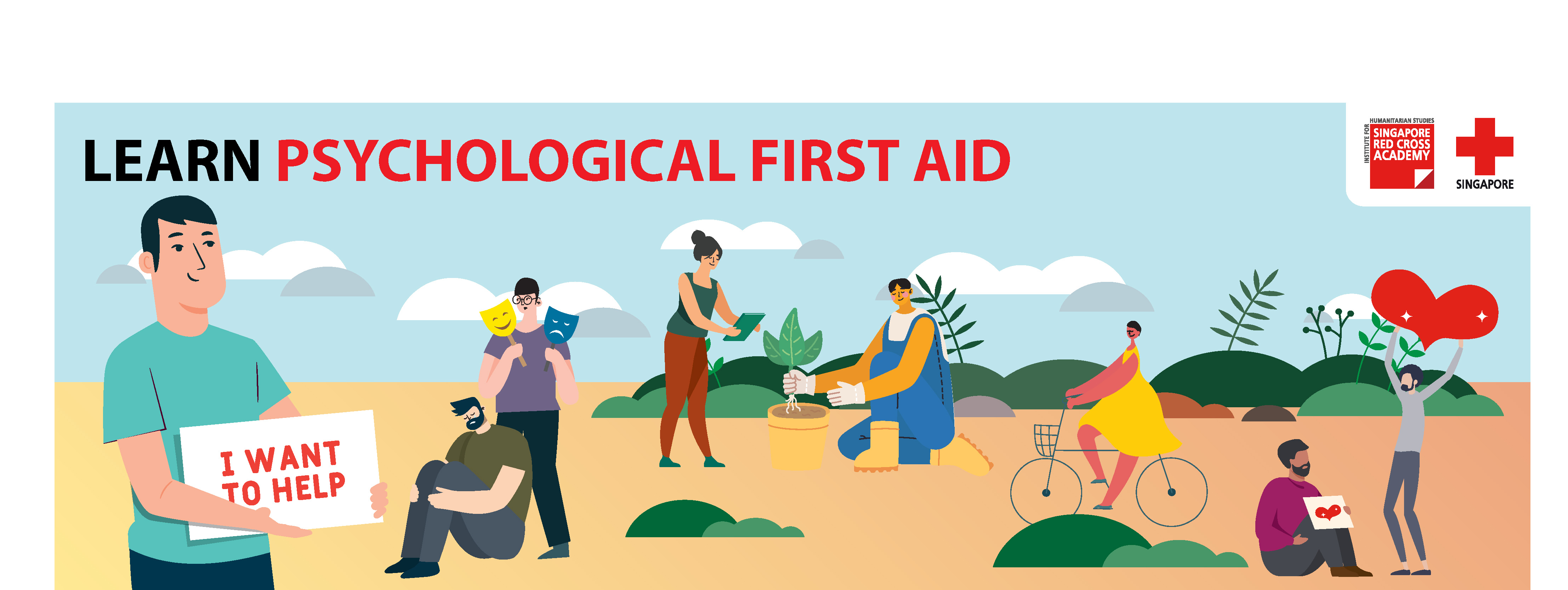
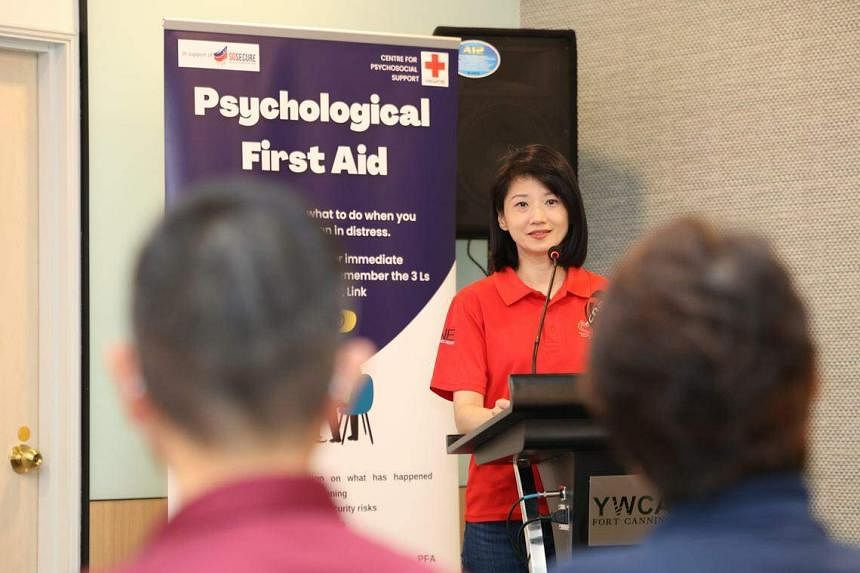

+is%3A.jpg)
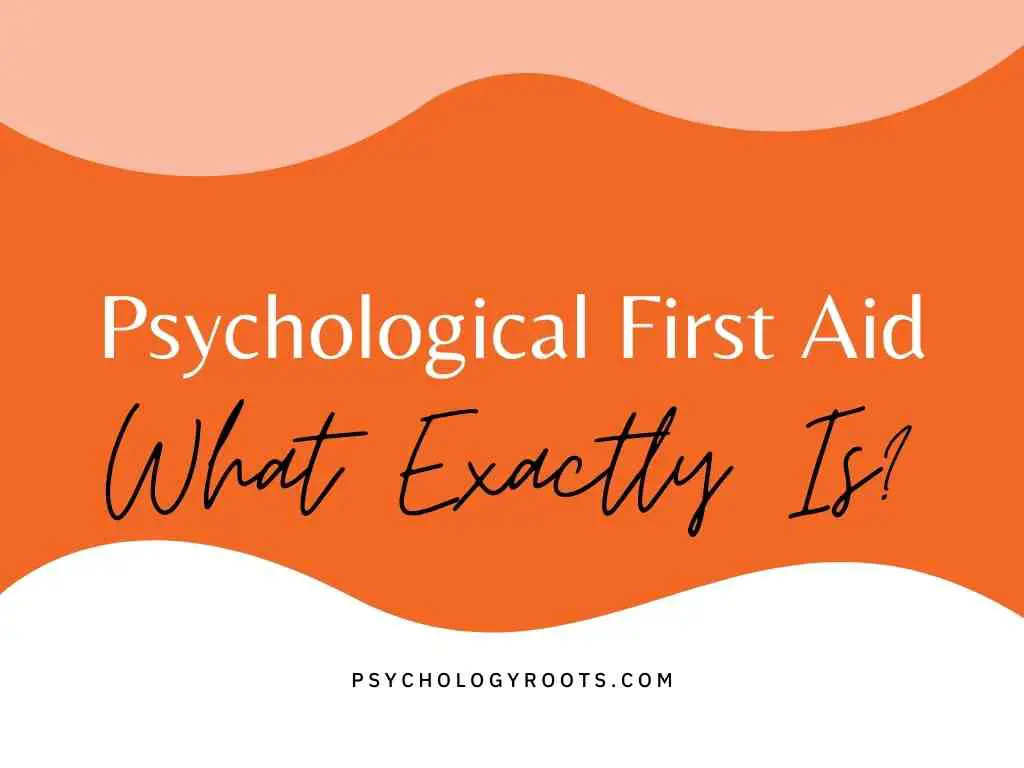



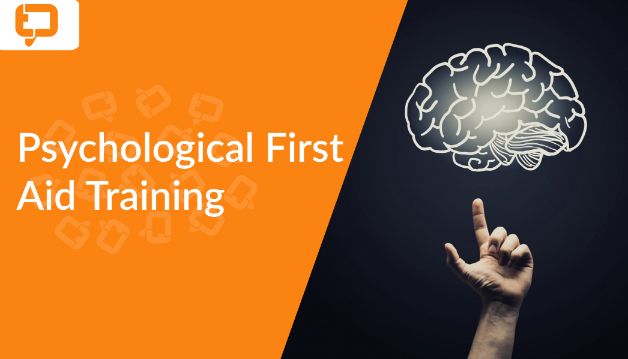
.jpg)
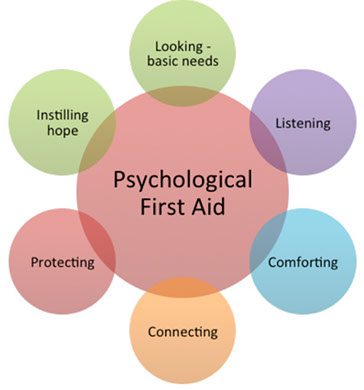




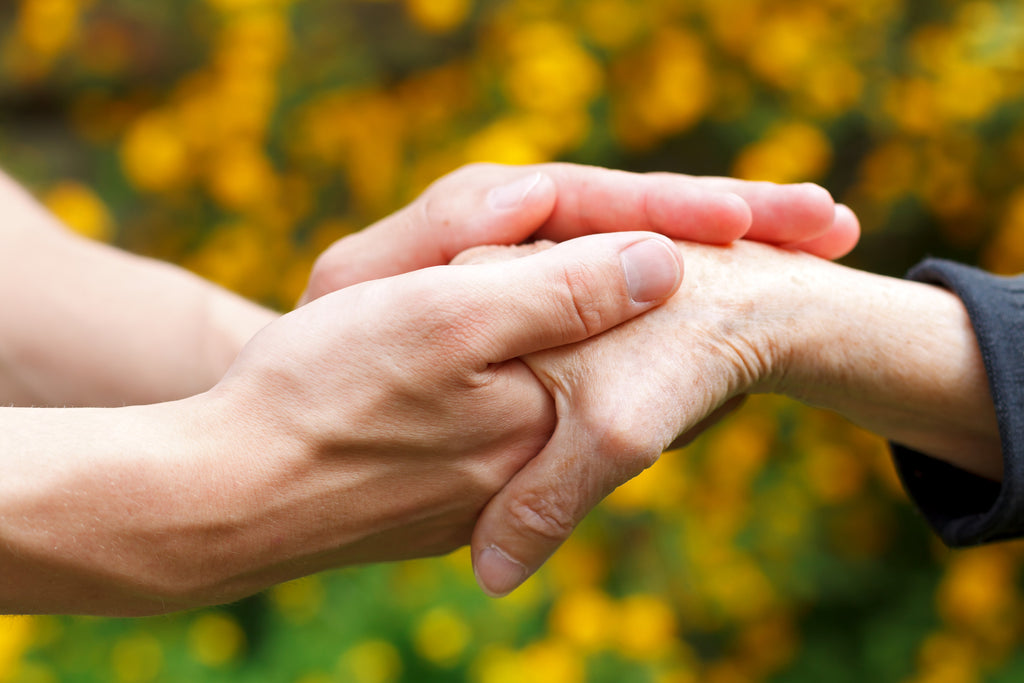

Comments
Post a Comment